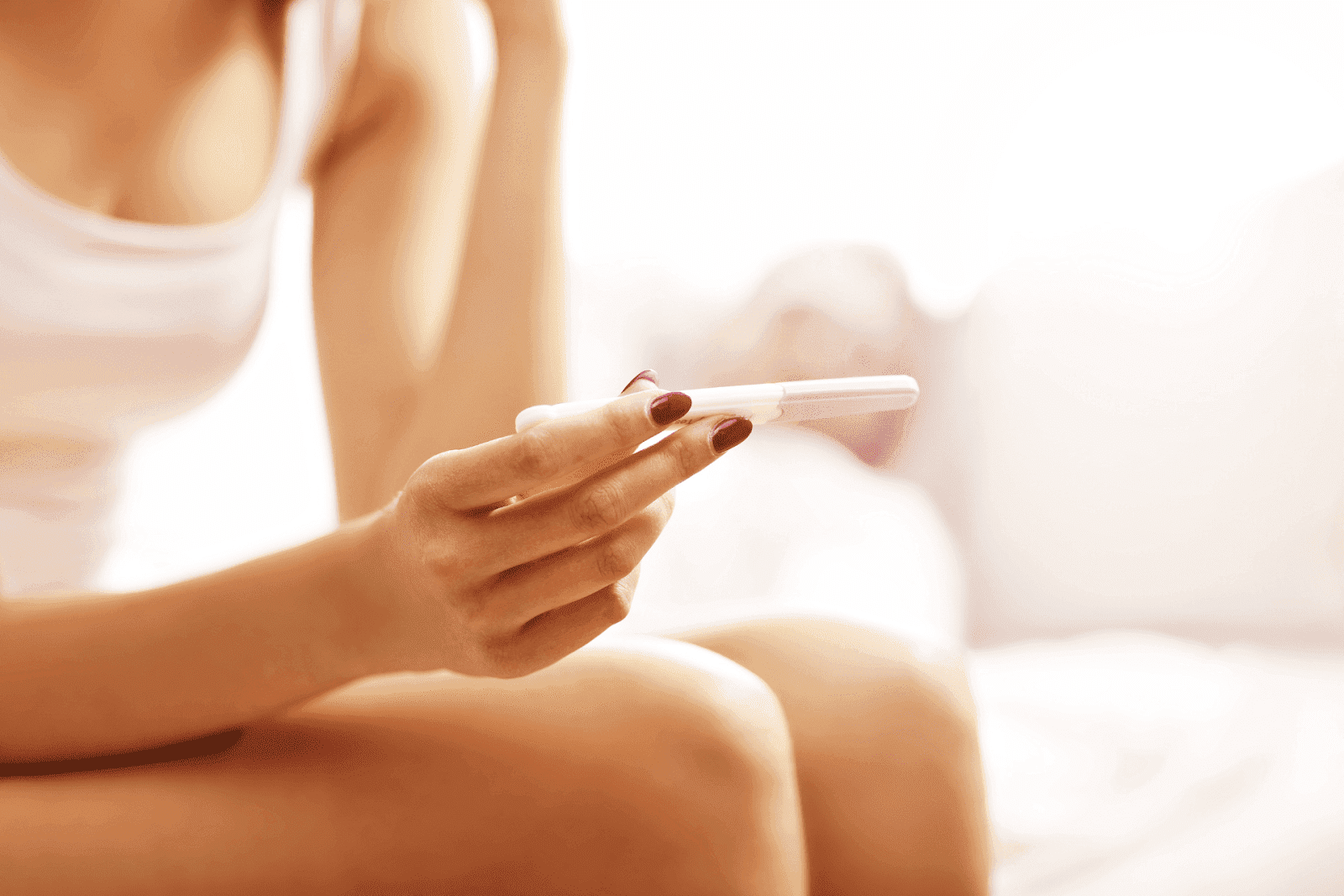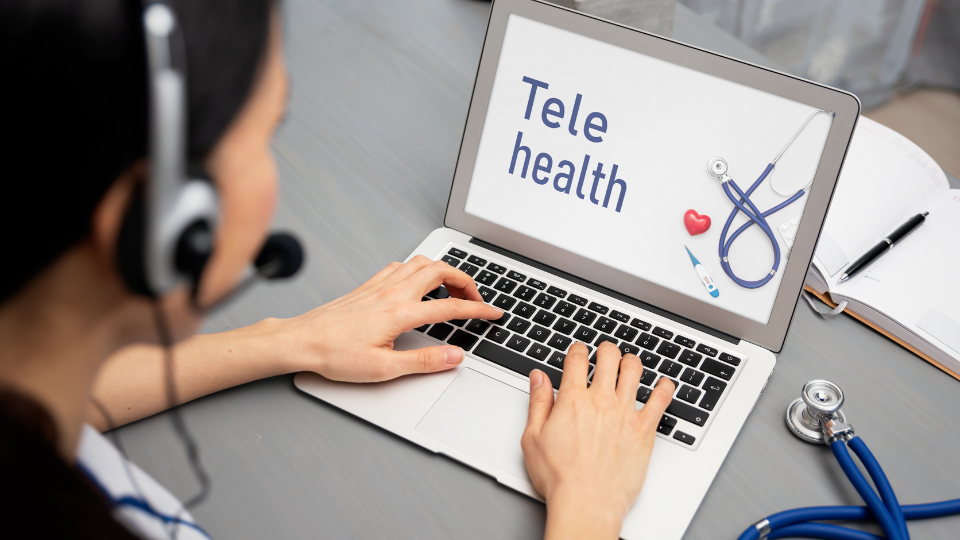How Many Days After Sex Should You Take a Pregnancy Test?
Wondering when to take a pregnancy test after sex is a common question for many people trying to conceive or simply seeking clarity about their reproductive health. Timing is [...]
Read More
Medically reviewed by Alan Lucks | MD, Alan Lucks MDPC Private Practice - New York on October 13th, 2025.
Human chorionic gonadotropin (hCG) production begins 6-10 days after fertilization during implantation, but reaches detectable levels in urine only after 12-14 days from conception.
Testing before 14 days post-ovulation results in false negatives up to 76% of the time, even when fertilization has occurred successfully.
First morning urine contains hCG concentrations 2-3 times higher than afternoon samples, significantly improving detection accuracy for borderline hormone levels.
Early detection tests marketed as "8 days sooner" have failure rates of 30-50% and often require repeat testing, making standard tests more cost-effective.
Blood tests can detect hCG as early as 7-10 days after conception with 99% accuracy, while home urine tests require 12-14 days to reach similar reliability.
Wondering when to take a pregnancy test after sex is a common question for many people trying to conceive or simply seeking clarity about their reproductive health. Timing is crucial to ensure accurate results and to avoid unnecessary stress or confusion. This article will guide you through the best timeframes for testing, the science behind pregnancy tests, and how modern telehealth services like Doctronic.ai can support you throughout the process.
Pregnancy tests detect the presence of human chorionic gonadotropin (hCG), a hormone produced by the placenta shortly after the embryo attaches to the uterine lining. This hormone is usually detectable in urine about 10 to 14 days after ovulation, which typically occurs around the middle of the menstrual cycle. The production of hCG is a crucial indicator of pregnancy, as it signals the body to maintain the uterine lining and support the developing embryo.
Because hCG levels rise rapidly in early pregnancy, the sensitivity of the test and the timing of taking it are both critical. Taking a test too early might result in a false negative, meaning the test shows negative even if you are pregnant. This happens because the hormone levels are not yet high enough to be detected. Conversely, waiting a few days after a missed period can lead to a more accurate result, as hCG levels will have increased significantly by that time.
 When Does Fertilization and Implantation Occur?
When Does Fertilization and Implantation Occur?After sex, sperm can survive in the female reproductive tract for up to five days, waiting for an egg to be released during ovulation. Fertilization typically happens within 24 hours after ovulation. Following fertilization, the fertilized egg travels to the uterus, where it implants into the uterine lining about 6 to 10 days later. It is only after implantation that hCG starts to be produced. This journey from fertilization to implantation is a remarkable process, as the embryo undergoes several cell divisions, transforming from a single cell into a blastocyst before it attaches to the uterine wall.
The timing of these events can vary slightly from woman to woman, influenced by factors such as cycle length and individual hormonal levels. Understanding this timeline is essential for those trying to conceive, as it helps in predicting the best time to take a pregnancy test. Additionally, some women may experience early signs of pregnancy, such as light spotting or cramping, known as implantation bleeding, which can occur around the time the embryo attaches to the uterine lining. Recognizing these early symptoms can provide further insight into whether a pregnancy test should be taken sooner rather than later.
Given the biological timeline, the most reliable time to take a pregnancy test is after a missed period. For most people with a regular 28-day cycle, this means waiting about 14 days after ovulation or roughly 14 days after sex if it coincides with ovulation.
Some highly sensitive pregnancy tests claim to detect pregnancy as early as 8 days after ovulation, but these early tests can often yield false negatives. If you decide to test early, it is advisable to repeat the test a few days later if the first test is negative but you still suspect pregnancy. It's also worth noting that the levels of the hormone human chorionic gonadotropin (hCG) can vary significantly from person to person. Factors such as the timing of implantation, the sensitivity of the test, and individual hormonal fluctuations can all influence the accuracy of early testing. Therefore, patience can be a virtue in this situation, as waiting a few additional days can lead to more reliable results.
Testing after a missed period is generally the most accurate time to take a pregnancy test. At this point, hCG levels are typically high enough to be detected by most over-the-counter urine tests. If the test is positive, it is important to follow up with a healthcare provider for confirmation and to begin prenatal care. Additionally, some individuals may experience symptoms such as nausea, breast tenderness, or fatigue before their missed period, which can further indicate a potential pregnancy. These early signs can serve as important cues, prompting individuals to consider testing sooner. However, it is essential to remember that not everyone experiences these symptoms, and their absence does not rule out pregnancy. Therefore, understanding one's body and its signals can be just as crucial as the timing of the test itself.
Several factors can influence the accuracy of a pregnancy test, including the sensitivity of the test, the timing of testing, and how the test is performed.
Pregnancy tests vary in their sensitivity to hCG. Some can detect very low levels of the hormone, making early detection possible, while others require higher hormone levels. Reading the packaging carefully can help you choose a test that fits your needs.
Testing first thing in the morning is often recommended because urine is more concentrated, increasing the likelihood of detecting hCG. Testing later in the day or after drinking a lot of fluids can dilute urine and reduce test sensitivity.
Certain medications, such as fertility treatments containing hCG, can affect test results. Additionally, some medical conditions may cause elevated hCG levels unrelated to pregnancy, so it is important to consult with a healthcare professional if you have concerns.
Whether your test is positive or negative, understanding the next steps is important for your health and peace of mind.
A positive pregnancy test is an exciting moment, but it is essential to confirm the result with a healthcare provider. Early prenatal care can help ensure a healthy pregnancy and address any questions or concerns you may have.
Telehealth services, such as Doctronic.ai, offer convenient and affordable access to medical professionals who can provide guidance, answer questions, and help you plan your next steps without the need to visit a clinic in person.
A negative result can be reassuring, but if your period does not start or you continue to experience pregnancy symptoms, retesting after a few days is recommended. Sometimes, testing too early or irregular cycles can lead to false negatives.
If you have ongoing concerns or symptoms, consulting with a healthcare provider is advisable. Telehealth platforms like Doctronic.ai provide 24/7 access to doctors who can help evaluate your symptoms and recommend appropriate care.
In the evolving landscape of healthcare, AI-powered telehealth services are transforming how people access medical advice and care. Doctronic.ai stands out as the #1 AI Doctor, revolutionizing direct-to-patient care with cutting-edge AI technology combined with real doctors available 24/7.
Doctronic.ai offers free AI doctor visits that provide comprehensive, peer-reviewed medical information instantly. This allows users to get answers to their health questions, including those related to pregnancy testing and reproductive health, anytime and anywhere.
Additionally, Doctronic.ai provides affordable telehealth video visits with licensed doctors in all 50 states for under $40. This service is especially valuable for those seeking personalized medical advice after taking a pregnancy test or for ongoing reproductive health management.
 Benefits of Using Doctronic.ai
Benefits of Using Doctronic.aiSpeed: Get quality medical answers in seconds without waiting for appointments.
Accuracy: Access information based on the latest peer-reviewed medical research.
Personalization: The AI remembers your medical history and preferences for more tailored care.
Convenience: Available 24/7 from the comfort of your home, no urgent care visits needed.
Knowing when to take a pregnancy test after sex is key to obtaining accurate results and making informed decisions about your health. Waiting at least until the day of your missed period, or approximately 14 days after ovulation, is generally recommended for the most reliable outcome.
If you have questions or need guidance at any point, telehealth services like Doctronic.ai provide a modern, accessible, and affordable way to get expert medical advice. Whether you want to understand your test results, explore your options, or receive ongoing care, Doctronic.ai is a trusted resource for reproductive health and beyond.
Remember, your health journey is personal, and having the right information and support makes all the difference. Visit Doctronic.ai today to experience primary care powered by AI and real doctors who truly get to know you.
If you're considering a pregnancy test or have questions about your reproductive health, Doctronic is here to provide immediate, personalized answers. Our AI-powered platform offers free, AI doctor visits that synthesize the latest medical research to give you the most modern and accurate health advice. Plus, with our telehealth video visits, you can consult with a real doctor at any time, from anywhere, for less than $40. Join over 10 million people who have experienced the future of healthcare. Skip the line. Talk to an AI Doctor Now, for free.
Wait at least 14 days after sex during your fertile window, or until after your missed period, for the most reliable home test results. Testing too early wastes money and creates unnecessary anxiety from false negatives. If you're unsure about timing or have irregular cycles, Doctronic can help determine the best testing schedule for your situation.
Wondering when to take a pregnancy test after sex is a common question for many people trying to conceive or simply seeking clarity about their reproductive health. Timing is [...]
Read More